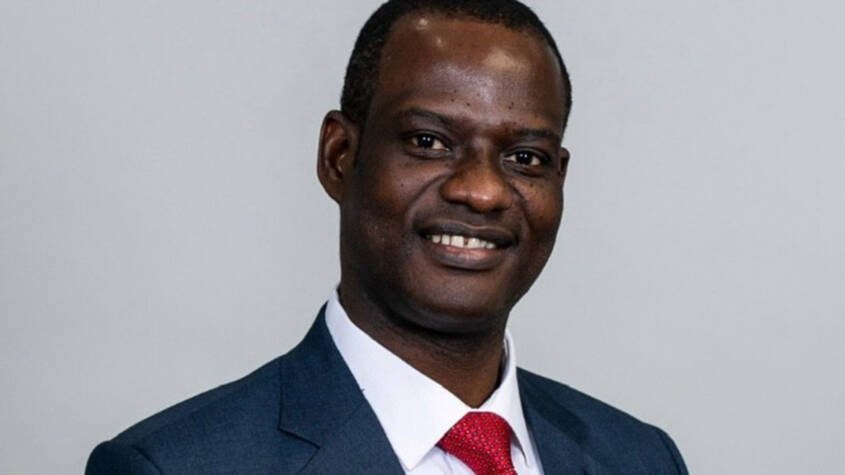Photo: Taiwo Oyedele, Chairman of the Presidential Committee on Fiscal Policy and Tax Reforms
By Deborah Nnamdi
The Federal Government has clarified that all income earned in Nigeria, including money generated by commercial sex workers, is subject to taxation under the law.
Taiwo Oyedele, Chairman of the Presidential Committee on Fiscal Policy and Tax Reforms, disclosed during a tax education session organised by the Redeemed Christian Church of God (RCCG), City of David, Lagos.
In a video from the event that has since gone viral, Oyedele explained that while gifts or upkeep money sent to relatives and dependents are exempt from taxation, payments for goods or services are taxable regardless of whether the activity is considered legitimate or not.
“You earn a certain amount of money, and you have to send upkeep to your cousin, your brother, even a stranger; it doesn’t really matter. If the amount you’re sending is a gift, that’s not taxable. It is you who should have paid tax before giving them a gift,” he said.
However, he stressed that anyone receiving payment for providing a service is required to pay tax. “If somebody is doing runs for girls, that’s a service; they will pay tax on it. Tax law does not distinguish between whether what you are doing is legitimate or not. It just asks whether you have an income. Did you get it from rendering a service or providing a good? You pay tax,” Oyedele added.
The sweeping reforms, enacted in June and scheduled to take effect from January 1, 2026, consolidate Nigeria’s tax laws into a single framework. They are designed to simplify compliance and broaden the revenue base. Oyedele said the legislation contains more than 200 significant changes that will affect individuals, business owners, employees, and civil servants alike.
He also noted that the new system covers social media influencers and remote workers who earn in foreign currency. “This is the most transformative and significant reform in our nation’s history,” Oyedele said, urging Nigerians to understand the broader scope rather than focus narrowly on isolated examples.
The clarification comes amid growing scrutiny of Nigeria’s commercial sex economy. A 2024 survey estimated that men in Lagos alone spent N661 billion on transactional sex, with N329 billion paid directly to sex workers and the rest covering hospitality and related expenses. The report also noted that sex workers often channel their income into family upkeep, health, education, and small businesses.
Oyedele used the parable of a blind man and an elephant to caution against partial interpretations of the reforms, stressing that the law applies uniformly: “If someone is rendering a service, such a person will pay tax.”

































